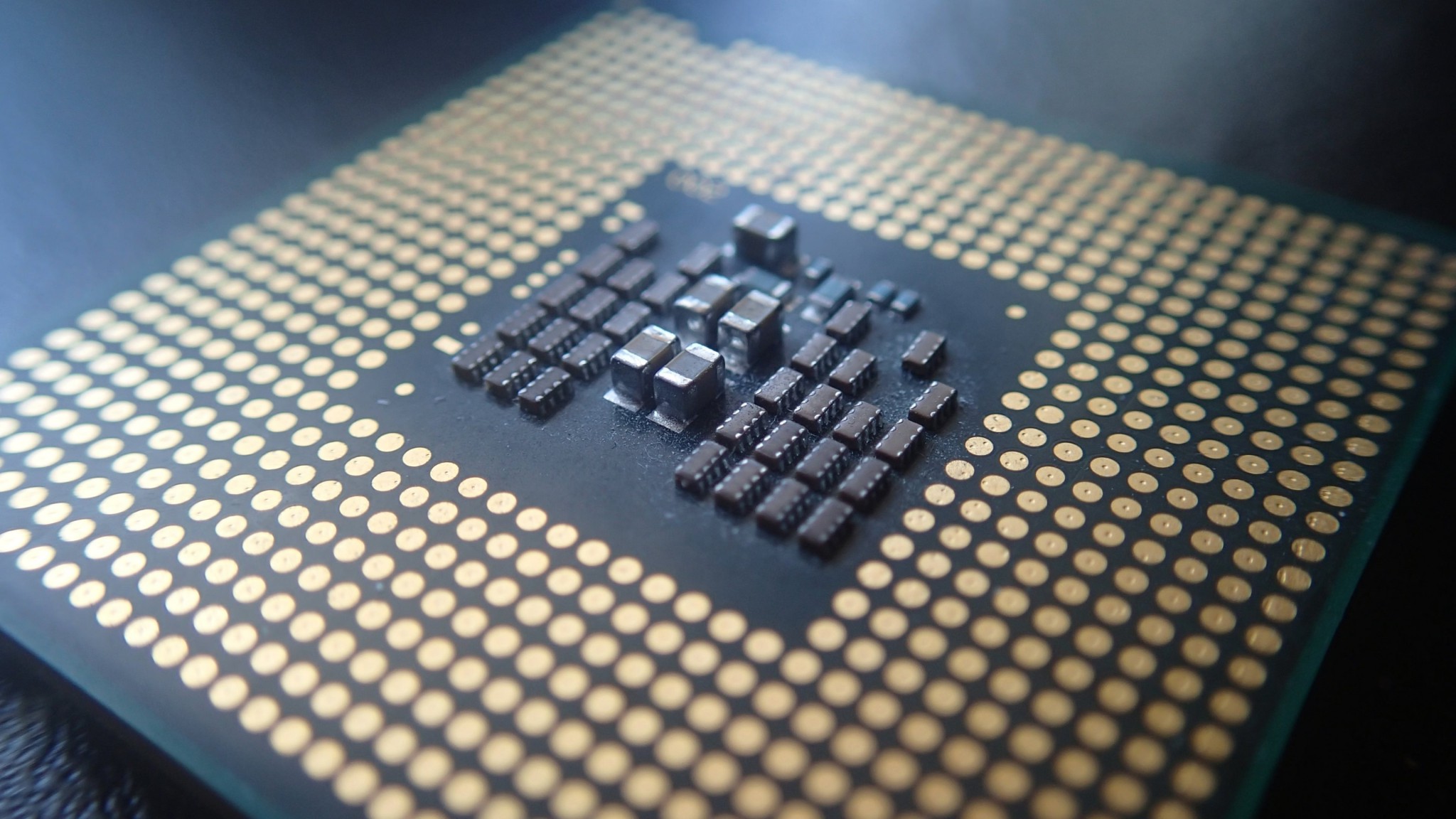Ministry of Internal Affairs refused to purchase domestic computers

Last year, the Russian Ministry of the Interior announced its intention to take the theoretical part of the exams for obtaining a driver’s license on domestic computers running on Baikal-T1 processors. In the fall, a tender was announced for the purchase of almost 10 thousand such systems (9348) for 357 million rubles. Only one company took part in the tender - T-platform. A subsidiary of this company, Baikal Electronics, was engaged in the development of the processor of the same name. The contractor agreed to deliver by July 1, 2017. But, as it turned out, not a single computer was delivered on time, Vedomosti writes .
Shipment of computers on the Baikal platform began only on July 31 of this year. The winner of the tender then delivered 1837 computers to the Ministry for a total of 71 million rubles. The remaining PCs of the Ministry of Internal Affairs refused to accept. After that, the T-platforms decided to file a lawsuit against the Ministry of Internal Affairs with the Moscow Arbitration Court. The requirement for the department is to accept the remaining 7511 computers and pay 286 million rubles.
As expected, on December 5, the court dismissed the claim, stating that the delivery dates were not respected. In turn, the T-platforms convince that the reason for the failure to meet the deadlines is the delay in advance payment by the Ministry of Internal Affairs. Also, the ministry did not provide the information that the company needed to fulfill the contract. The FAS considered similar arguments, but here the absence of an advance is not considered a good reason for the failure to fulfill the state contract.
"T-platforms" offered to settle the matter, paying all the fines and late fees. But this option did not fit because the contract specified a special clause that prohibits the acceptance of goods after the expiration of the document.
In a normal situation, the state customer is ready to work with the contractor, even if the delivery has been delayed. With commercial contracts, the situation is different, because if a business plan breaks down or we are talking about lost profit, then customers begin to look for another partner.
In rare situations, the state customer can accept delivery late, but only if it is a small fraction, the balance of the supply, not exceeding 10% of the total. This was told by the manager of one of the major suppliers of IT equipment. At the same time, he also said that in the case of a major contract it is better to work with partners, rather than try to solve all the problems yourself.
With the previous opinion that further dialogue is practically impossible with a state customer in case of delay, another IT representative familiar with the situation says. The fact is that there is a law on public procurement. The implementation of this law is strictly monitored by law enforcement agencies.

Some experts familiar with the situation believe that the tough stance of the Ministry of Internal Affairs may be explained by the arrest of the chief designer of the Ministry of Internal Affairs, Andrei Nechaev. He was arrested in October this year. "Kommersant" previously stated that Nechaev was called "as a suspect in a criminal case of abuse of power, which entailed serious consequences." It is worth noting that it was Nechaev who advocated the transfer of the Ministry of Internal Affairs to domestic equipment, and “his position played a role at the time the Ministry of the Interior formed interest in the computer on the Baikals.”
“T-platforms”, fulfilling the order, produced about 10 thousand devices. The surplus is now in the company's warehouse. She herself estimates her costs at 15 million rubles, but computers are gradually being delivered to other customers.
The Baikal-T1 processor is dual-core. He createdspecialists of Baikal Electronics, and is the world's first hardware implementation of the MIPS Warrior P5600 core. The platform hardware supports virtualization, which is embedded in the processor, which makes it possible to use the “Security by Separation” approach. This, in turn, allows you to organize the parallel operation of several guest OSs in a virtual machine at once. Well, hardware support for virtualization on the processor makes it possible to increase the degree of protection for systems created on the basis of the platform.
Deliveries of the processor started from the beginning of the second quarter of 2016. Deliveries of large lots began in the third quarter of 2016. Then the developers talked about the possibility of the developer of the individual configuration of the processor module in accordance with the specific requirements of the customer.
